My labs are normal, but I don't feel normal...
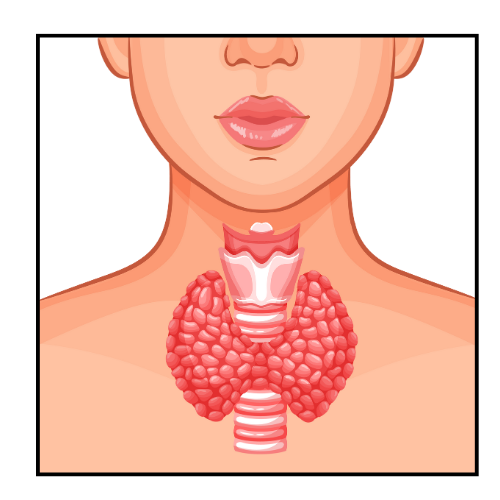
Its 5am and the sun won’t be up for another hour and when it does come up it will be the most incredible red ball of light due to the smoke in the air. Morning is my favorite time of the day, it is always quite, except for the constant cooing of the morning doves, and I am able to get a ton of work done before the business starts. This morning is not much different except that I have to write an article, fortunately, one of my readers (thanks B!) gave me the idea to revisit the thyroid.
A question we often receive at the pharmacy is; my thyroid levels are normal but why don’t I feel normal? I love that question because it presents itself as a challenge. How can everything look good on paper, and I still suffer from symptoms like low energy, fatigue, dry skin, constipation, hair loss, and feeling cold all the time? I find this as an excellent opportunity to educate patients about their thyroid, how it works, what stress can do to it, and how diet can influence it.
Here are a couple of facts that I find to be quite startling when it comes to thyroid disease. The American Thyroid Association estimates that up to 12% of our population will develop thyroid disease, with up to 60% of patients not knowing they have a thyroid condition. Women are seven times more likely to develop thyroid disease than men. Hashimoto's, an auto-immune thyroid condition, affects up to 2% of the population. As you can see, the statistics indicate that this is a health concern in society today.
Some basics about the thyroid, the thyroid gland is butterfly shaped and is located below your adam's apple in the neck. When healthy, you wouldn't be able to tell it is even there, but if you have thyroid issues, it can become inflamed and can have nodules on it. The gland itself produces thyroid hormones, hormones responsible for metabolism, body temperature regulation, and growth and development throughout the body.
The thyroid hormones include T4 and T3 with T4 being the primary thyroid hormone. T4 is an inactive hormone. The T in both T4 and T3 stands for Tyrosine, and 4 is referring to the four iodine molecules that are attached to Tyrosine. T4 is the ingredient in levothyroxine, also known by its brand name Synthroid. T3 is the active form of thyroid which comes from T4; it is commercially available as liothyronine or the brand name Cytomel.
The conversion of T4 into T3 is done by the de-iodinase enzyme; this enzyme takes away an iodine molecule from T4 to make T3. The enzyme can either channel this process to an active form of T3, which is the usual conversion, or it will deactivate it by converting it to Reverse T3 or rT3 an inactive form. There are several versions of the de-iodinase enzyme that do different things in breaking down T4 to T3. The de-iodinase enzyme needs the micronutrient selenium to make it function properly.
Here is a BIG takeaway from this information: Under the presence of stress, the enzyme that converts T4 to the active form of T3 does not function optimally, and T4 gets converted into rT3 the inactive form. If you are stressed and your body is not working correctly, the convertion of T4 to T3 will be compromised. If you are dealing with a high level of stress, that might be why you are not feeling well.
The most common test to run to determine if you have a thyroid issue is TSH or Thyroid Stimulating Hormone. An elevated TSH can be a sign that your thyroid is not keeping up with the demand of your body. When you don't have enough circulating hormone, TSH increases in hopes that it will stimulate the thyroid gland to produce more thyroid. High TSH most often equates to low thyroid. This is a point of confusion for some patients because it is the reverse of what you usually think.
Two other standard tests can be run to see further what is going on with the thyroid are free T4 and freeT3. When these are running low, they can signify that a hypothyroid or low thyroid condition may be going on.
Digging deeper into thyroid requires running some additional tests like TPO Antibody, Thyroglobulin, and rT3. TPO Antibody is a test to see if your body is producing antibodies against the thyroid hormone. If this is elevated, you may be given the diagnosis of Hashimoto's, an autoimmune condition which for some reason, your body is attacking itself. Thyroglobulin is a protein abundant in Tyrosine and, when bound to iodine, combine to form T4 and T3. If thyroglobulin is elevated, it could be a sign that you lack iodine. The reason for testing rT3 was discussed above.
The standard treatment of thyroid includes supplementation with T4 in the form of Levothyroxine or Synthroid. Your body will be in charge of making the conversion of the T4 into T3, and the hope is, it will be able to make that happen so that you will end up with the active form of T3. This can be where many patients end up with normal values for their thyroid, yet they don't feel right.
Another option when treating hypothyroidism includes the use of desiccated porcine thyroid, extracted from the pig thyroid gland. This is standardized to 38mcg T4 and 9mcg T3 per grain or 65mg of the drug. The advantage of using this as a form of treatment is that you are getting an active form of T3 rather than hoping your body will make that conversion for you. If a person is under severe stress, this can make all the difference in the world.
A study was done in 2014, and it looked at patients that were stabilized on T4 alone. The patients were converted to a desiccated thyroid product, and after 4 weeks, 78% of them preferred the desiccated thyroid product over levothyroxine, an option to consider if you are not feeling well on your current levothyroxine therapy.
My pharmacy also can take the active ingredients, T4 and T3, and compound them into any combination, to the specifications of your practitioner. This can dial in your thyroid so that you can get both T4 and T3 at optimal levels. It can also be an option for those who may be sensitive to fillers in commercially available products.
The last item you can do to help your thyroid is to take a supplement that has nutrients specific to the thyroid. I mentioned two nutrients in the article that would be found in one of these formulas, selenium and iodine. Other key nutrients include zinc and magnesium along with B-vitamins. Considering a thyroid support formula may be another key to optimizing your thyroid function.
My staff and I would like to help you with questions regarding thyroid issues that you might be having, so call or stop in to schedule a consultation. Please visit my website at www.irsfeldpharmacy.com to find this and other archived articles in the blog section.
Until next time, be vigilant about your health!!
VISIT US
HOURS
HOURS
CONTACT US
Fax #: (701) 483-4926


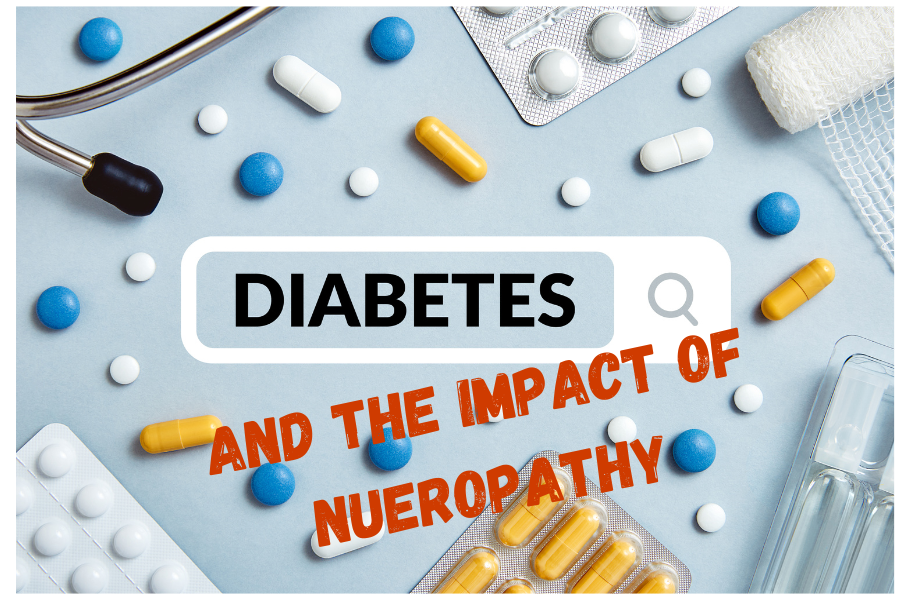


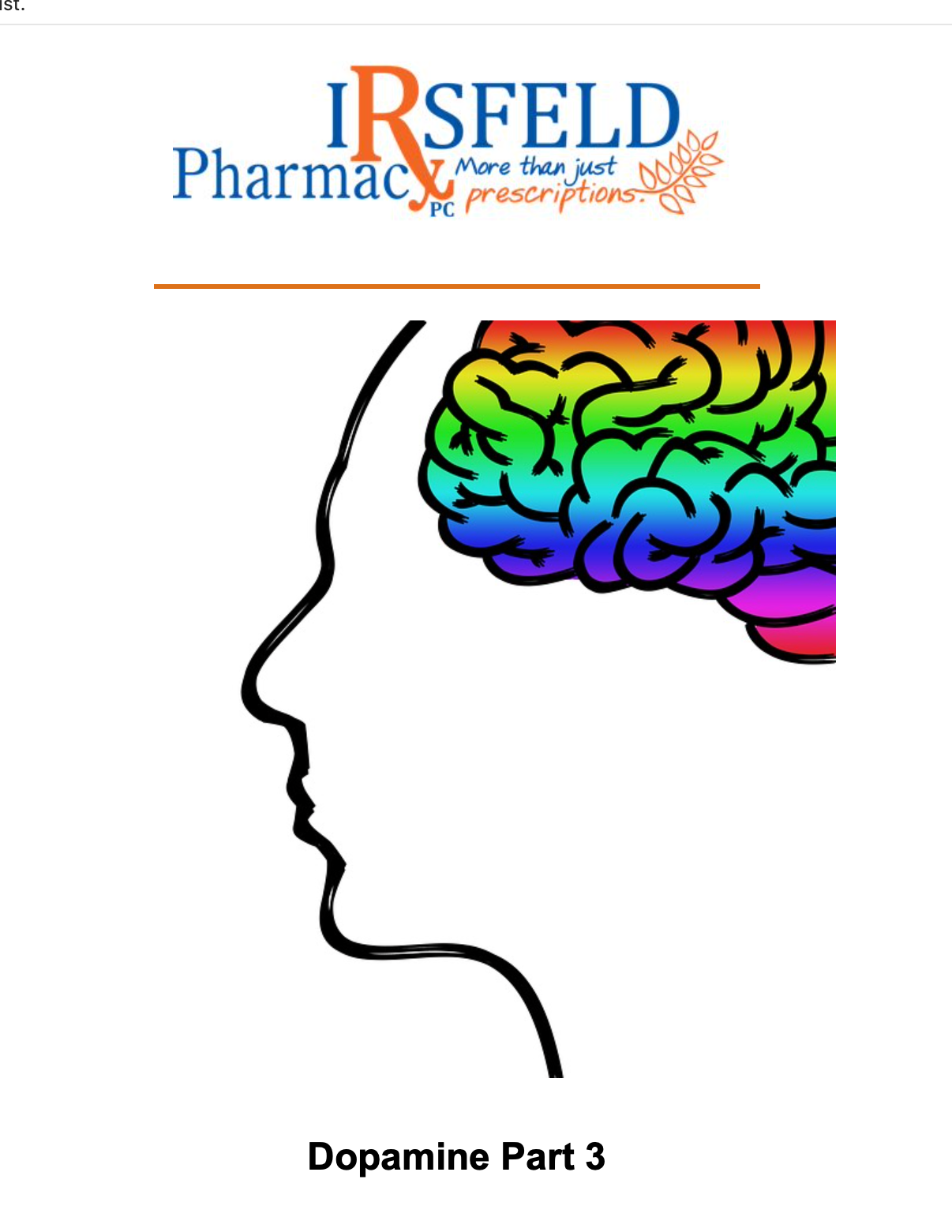
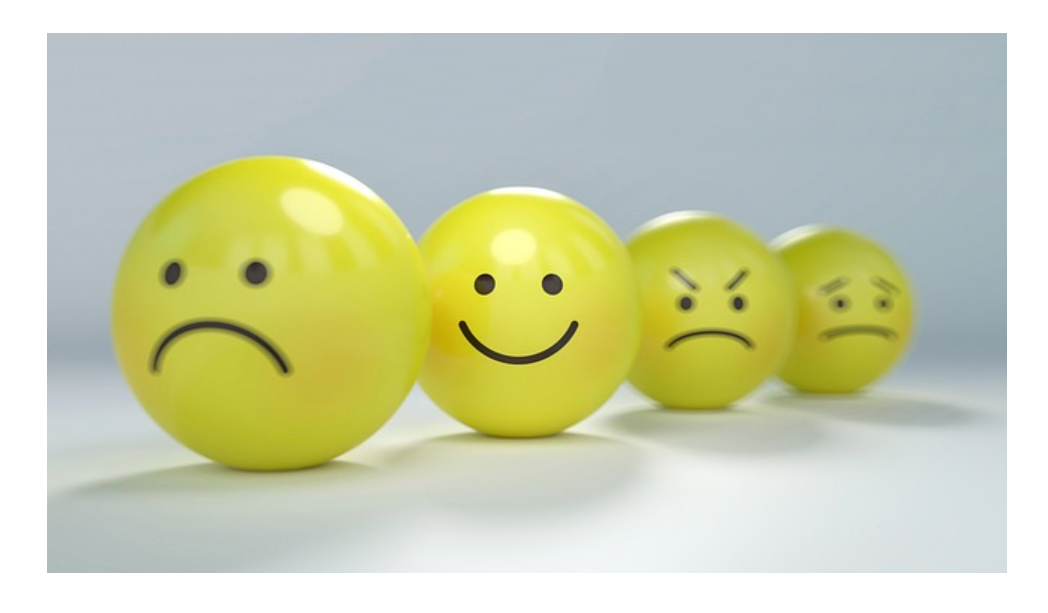
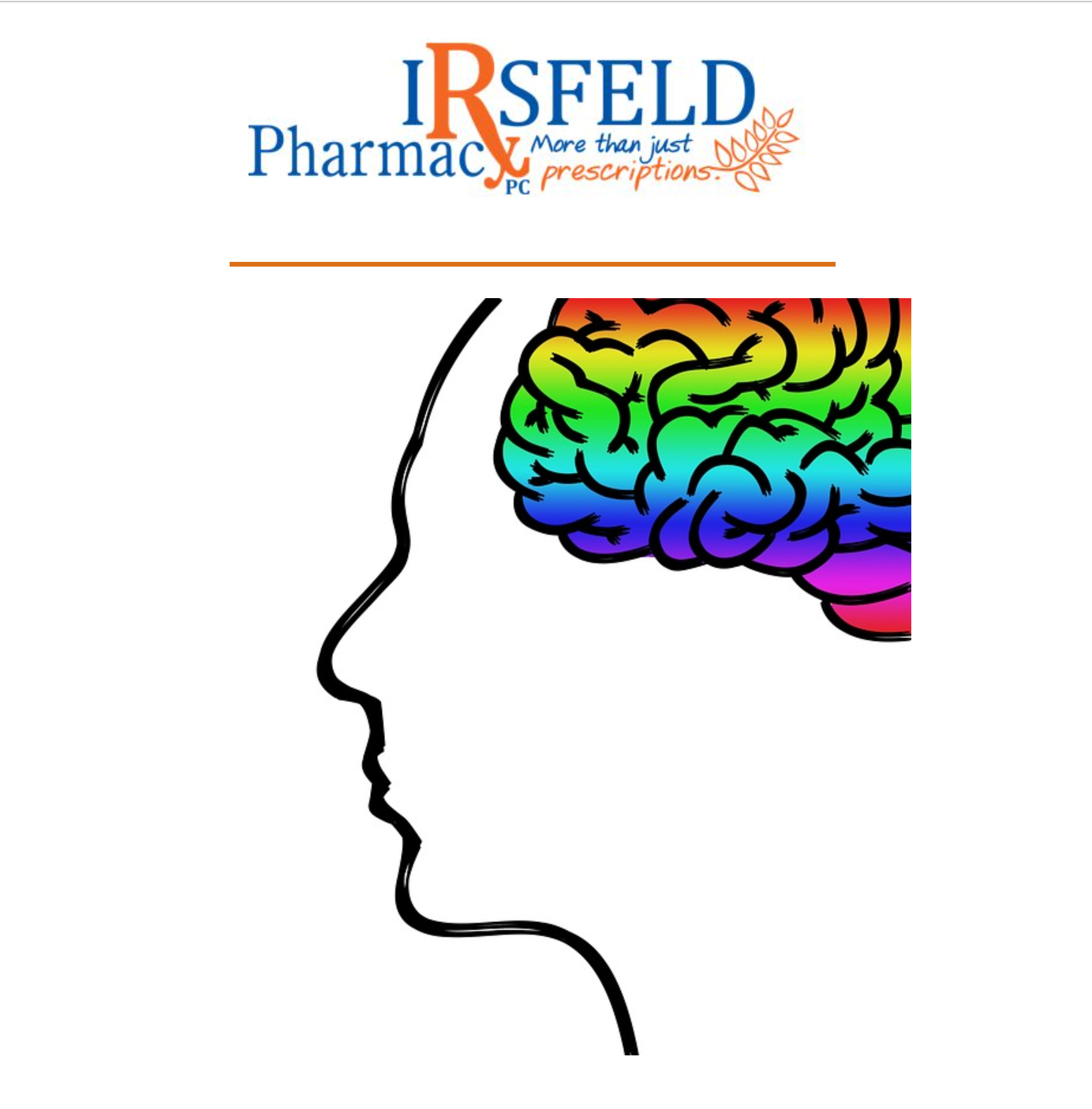
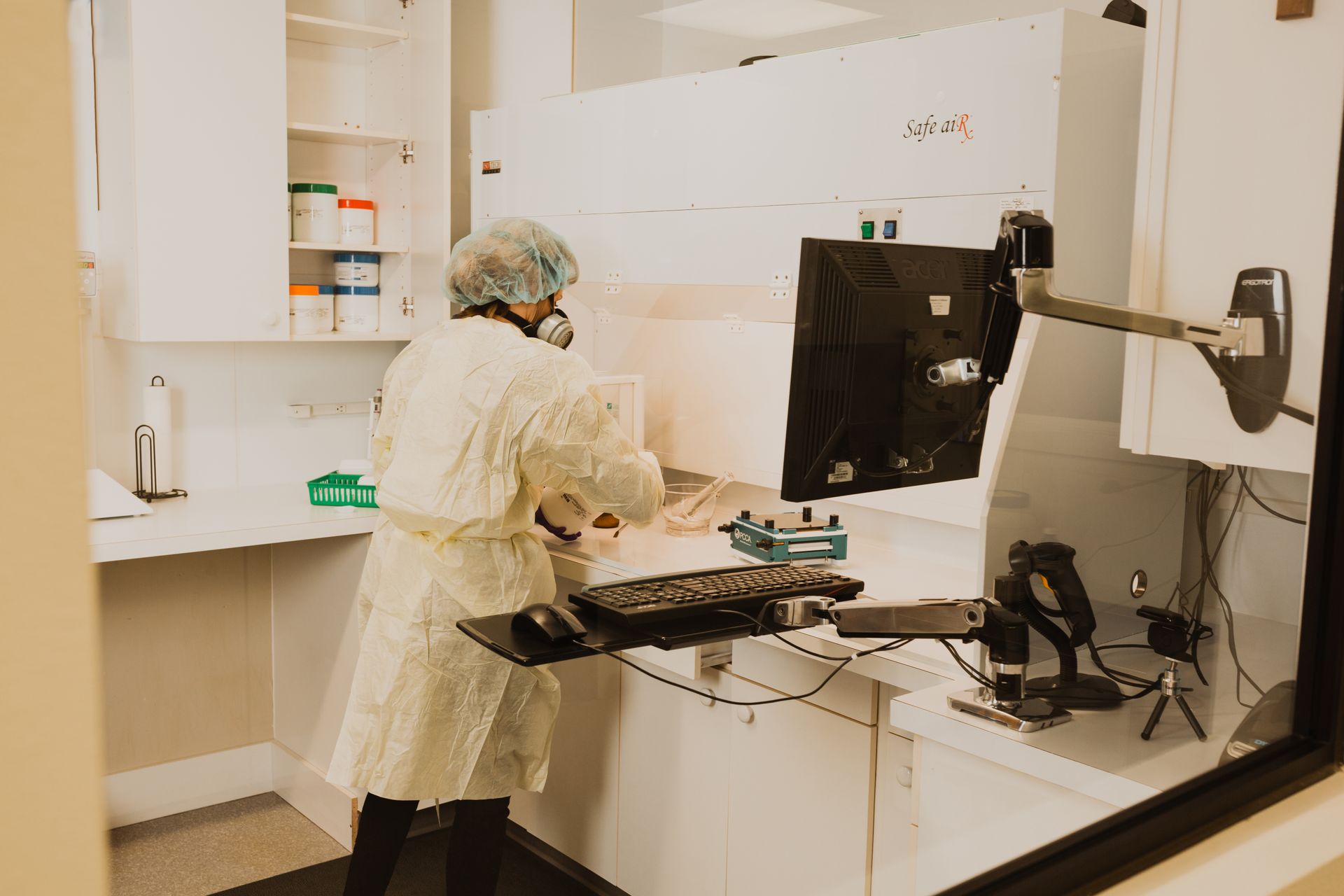
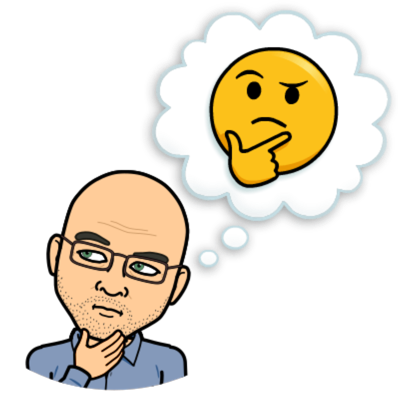

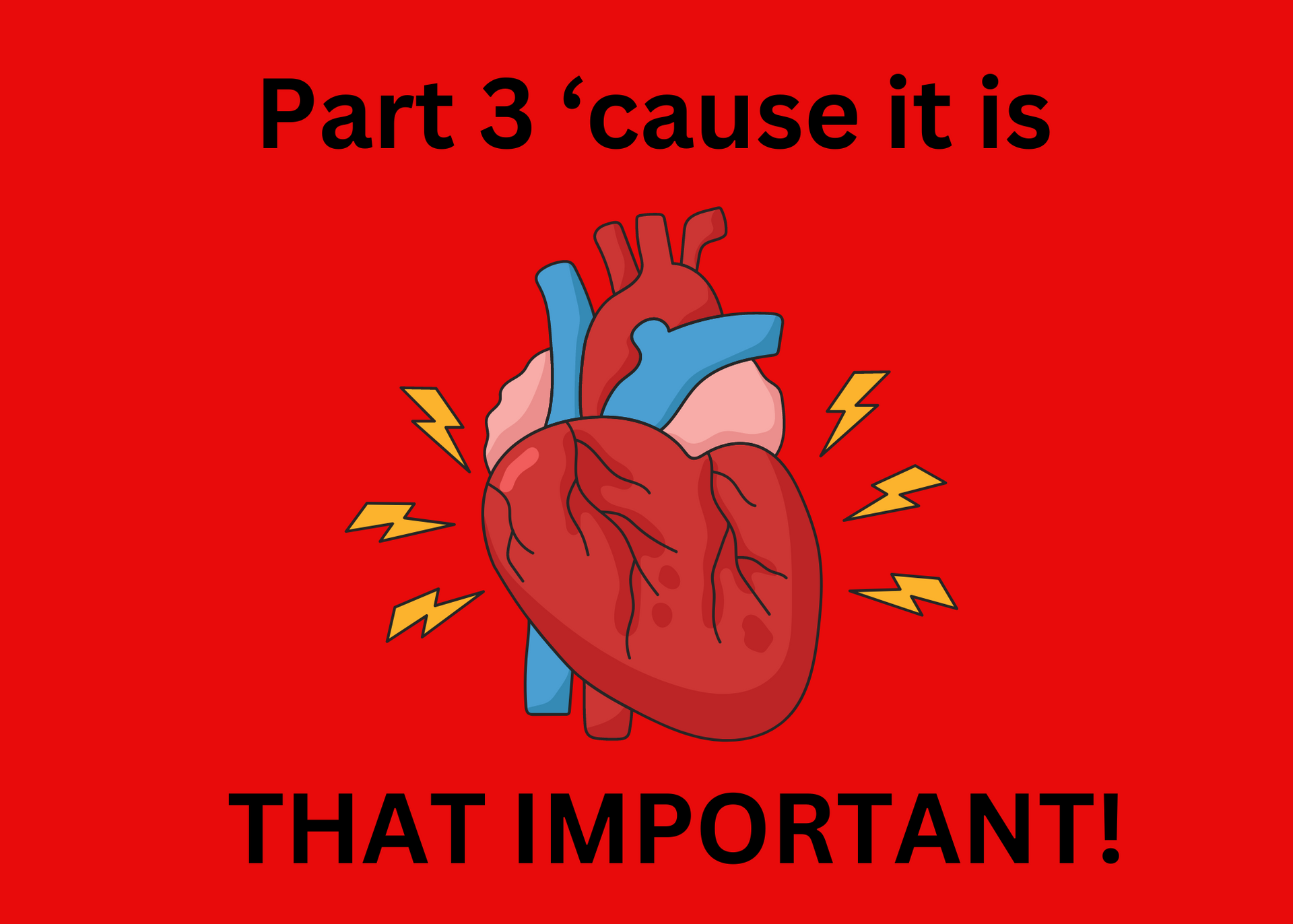
Share On: